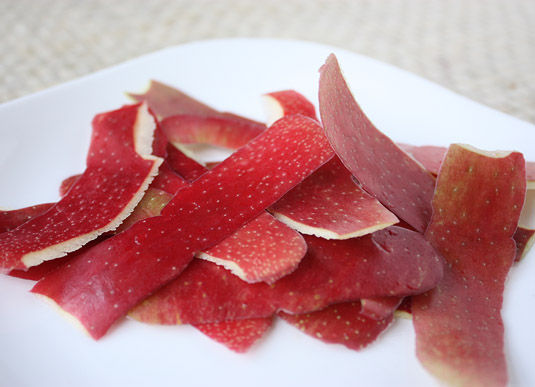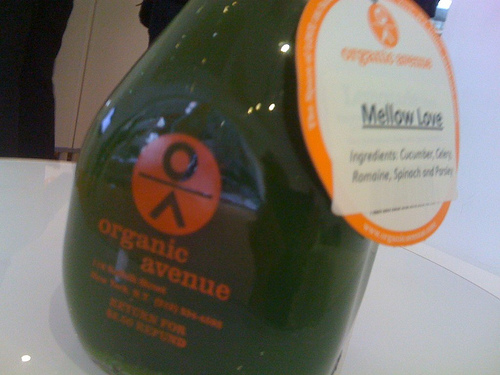According to scientists and medical experts, even though the U.S. Supreme Court's decision on the Affordable Care Act (ACA) anticipated much speculation while putting plans into effect, it still does not change one important thing they are sure of. Leaders of the American College of Sports Medicine (ACSM) strongly believe physical activity and exercise to be the most powerful tool in helping aid the sick people in the U.S.There is widespread support in Congress for a plan to help prevent disease instead of helping people pay for treatment after they get sick, including promotion healthy lifestyles and physical activity.The Supremes said nothing about this.
They also lie about the value of exercise.
Exercise is useless or worse for both weight loss and fitness.
See here, here and here to find out why.



















